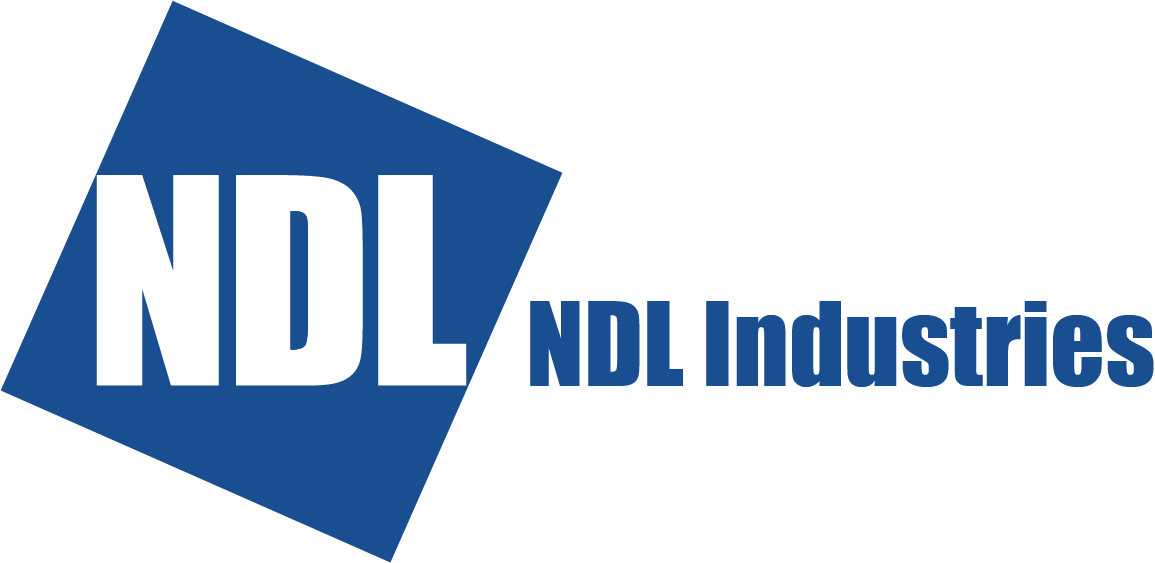Embrace ACH Payments for Cost Savings and Convenience
First of all, what are ACH Payments? ACH stands for Automated Clearing House, which is a network that facilitates electronic payments and money transfers between bank accounts. ACH payments are commonly used for various types of transactions, including direct deposits, bill payments, business-to-business payments, and online purchases.
Here’s how ACH payments work:
- 1
Authorization: To initiate an ACH payment, the payer (the person or business making the payment) provides authorization to the payee (the recipient) to withdraw funds from their bank account. This authorization can be given through various means, such as filling out a form, providing account details online, or setting up recurring payments.
- 2
Initiation: Once authorized, the payee submits the payment information to their financial institution or a third-party processor. This includes details such as the payer’s bank account number, routing number, payment amount, and any other necessary information.
- 3
Processing: The payment information is transmitted through the ACH network to the payer’s bank (the originating bank) for processing. The originating bank then debits the payer’s account for the payment amount.
- 4
Clearing and Settlement: The payment information is then forwarded to the payee’s bank (the receiving bank) through the ACH network. The receiving bank credits the payee’s account with the payment amount.
- 5
Notification: Once the payment is successfully processed, both the payer and payee typically receive notification of the transaction, either through email, text message, or their bank statement.
ACH Payments vs. Checks
ACH Payments
Checks
We accept ACH Payments!
Using ACH payments could save your business up to $22,860 annually compared to checks, so the real question is, why haven’t you made the switch already? Choosing ACH payments over traditional checks empowers your business with speed, cost efficiency, security, predictability, streamlined processes, and a commitment to environmental sustainability. Elevate your B2B transactions with ACH for a future-focused and efficient financial landscape.
Save your own time and money! You will be able to find ACH payment information on our invoices, or you can contact us at ar@ndlinc.com if you need any help or have additional questions.
References and Additional Material
- ACH vs Check – https://rotessa.com/resources/ach/ach-vs-check/
- 5 Benefits of ACH Payments Over Check Payments – https://staxpayments.com/blog/benefits-of-ach-payments-over-check-payments/
Overall ACH Network Volume – https://www.nacha.org/content/ach-network-volume-and-value-statistics
